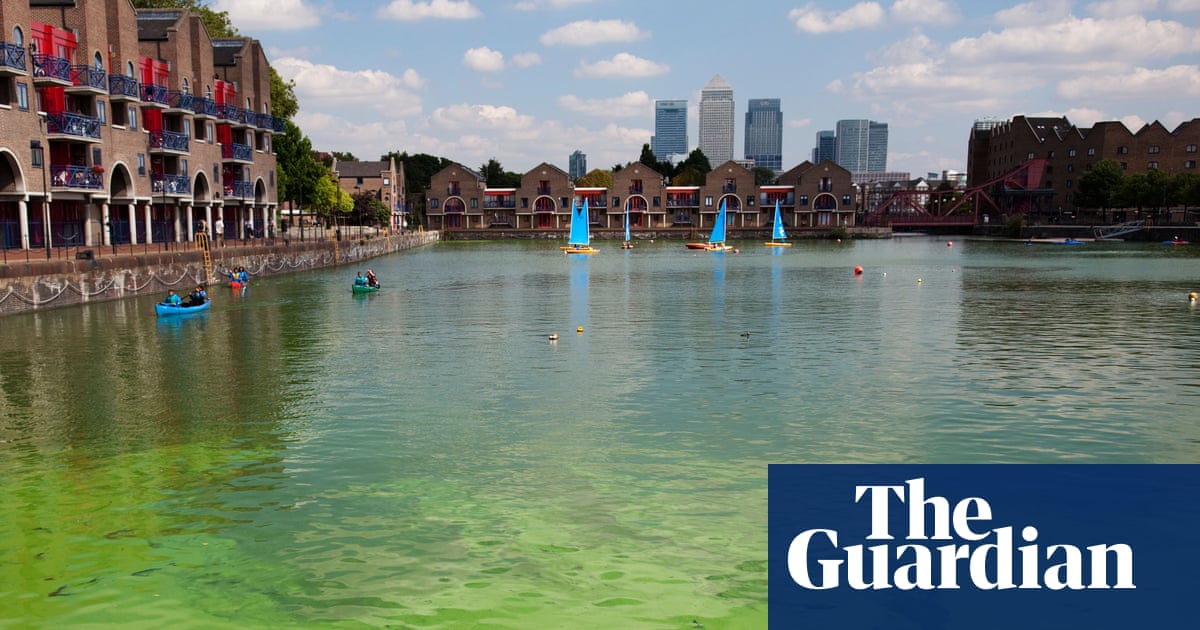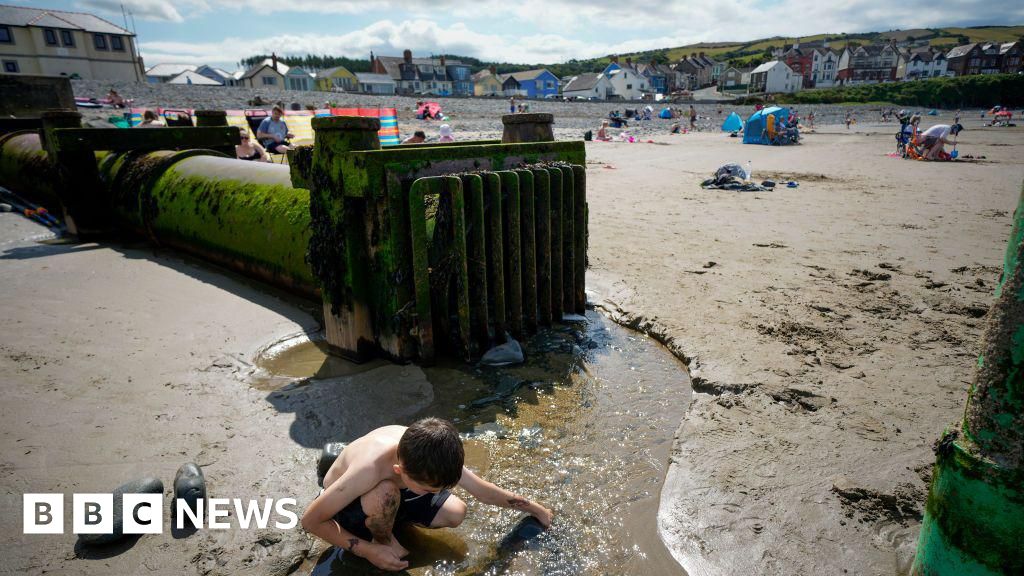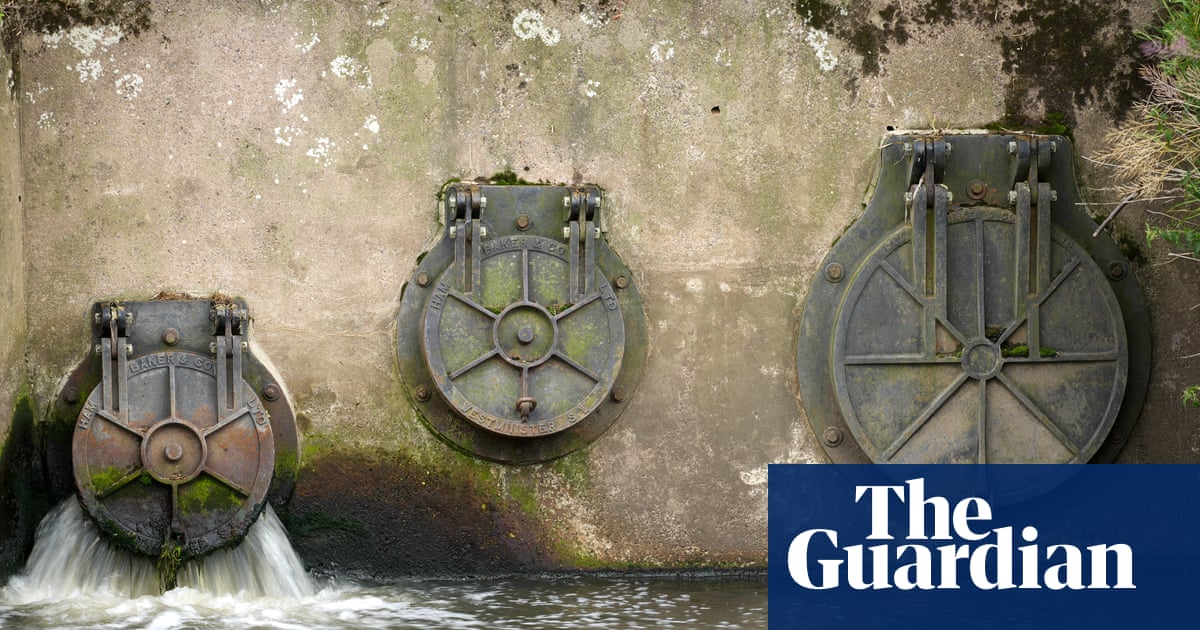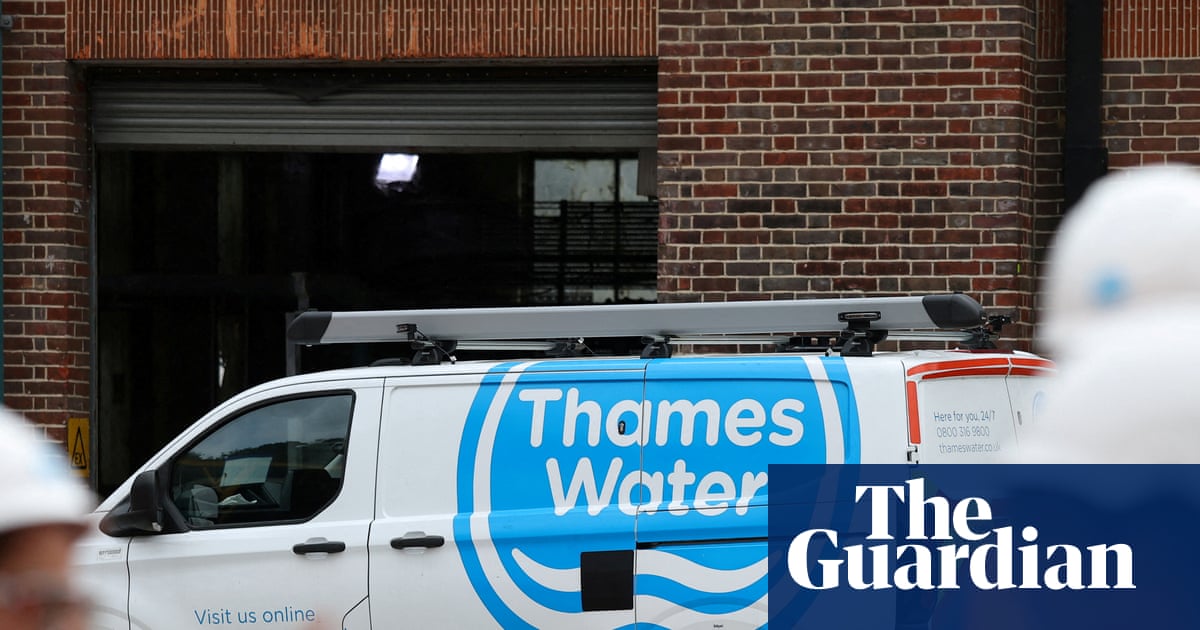T4K3.news
Serious pollution incidents among water companies increased sharply
Data reveals a 60% rise in serious pollution incidents reported by English water companies last year.

Pollution incidents by water companies surged 60% last year, raising serious environmental concerns.
Serious pollution incidents rise sharply among English water companies
Data from the Environment Agency shows that serious pollution incidents by English water companies rose by 60% last year, reaching a total of 75. Among these incidents, Thames Water had the highest number, with 33 documented cases, which more than doubled from the previous year. Other major contributors included Southern Water and Yorkshire Water. Environmental watchdogs have criticized these figures, with some calling for urgent reforms in how water companies operate. Thames Water's chief executive acknowledged the challenge posed by waterway fines while trying to stabilize the company's finances. The report reflects a growing public concern over sewage leaks and the underfunding of water infrastructure.
Key Takeaways
"These figures expose a brutal truth: serious pollution incidents are rising, sewage discharges remain rampant."
James Wallace criticizes the failing state of water management in England.
"It is important to remember that pollution reporting is largely a self-reported activity by water companies."
Thames Water's chief executive highlights the nature of pollution reporting, indicating systemic issues.
"Any pollution incident is completely unacceptable."
Southern Water's Managing Director emphasizes the company’s commitment to reducing pollution.
"This report demonstrates continued systemic failure by some companies to meet their environmental targets."
The chair of the Environment Agency critiques the performance of water companies.
The significant increase in serious pollution incidents shines a light on deep-rooted issues within the English water industry. Thames Water, facing intense scrutiny, symbolizes a broader failure among water companies to properly manage and invest in their infrastructure. Critics emphasize that without immediate and substantial reforms, including the potential ban on harmful materials being flushed into sewage systems, the ecological stability of rivers and waterways could face further risk. The rising pollution levels say more about regulatory failures than simple mismanagement; they highlight a systemic issue rooted in how these companies balance profit and environmental responsibility.
Highlights
- The rise in serious pollution incidents is alarming and unacceptable.
- Thames Water's performance reflects a national disgrace.
- We need bold actions to ensure our waterways are protected.
- The call to ban wet wipes is becoming impossible to ignore.
Concerns over environmental regulation failures
The sharp increase in pollution incidents highlights the regulatory shortcomings in the water industry, prompting public outcry and calls for reform.
As concerns grow, the future of water quality in England may depend on decisive reform and accountability.
Enjoyed this? Let your friends know!
Related News

UK ministers pledge to combat rising water pollution

Government pledges to reduce sewage pollution

Yorkshire Water CEO receives £1.3 million in undisclosed pay

New target set to halve sewage pollution by 2030

UK government vows no more high water bills for households

Water companies sidestep Labour's bonus ban

Labour MPs call for Thames Water to recover £2.5m in bonuses

Cornwall's business leaders criticize South West Water
